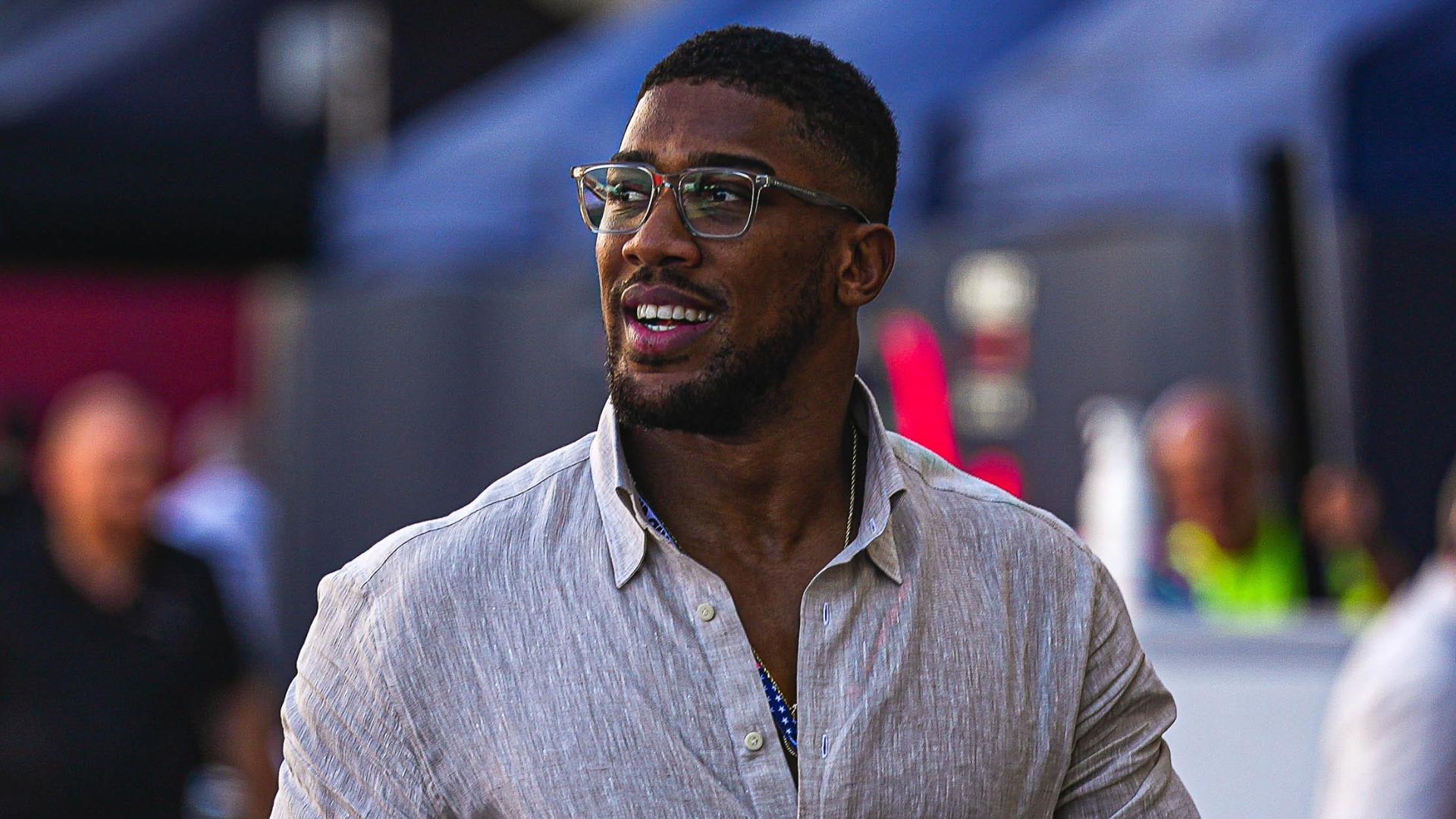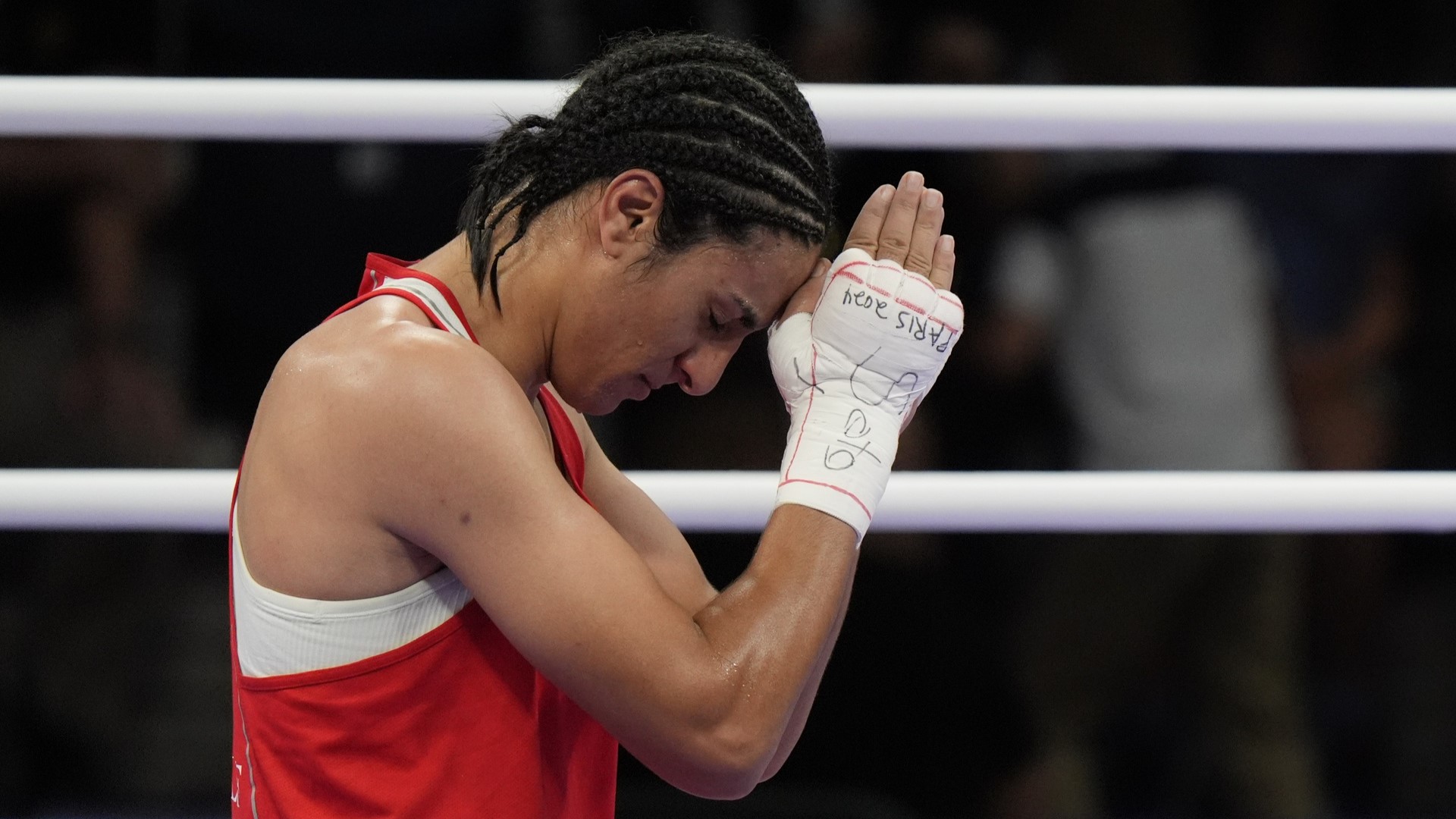You know those kinds of cancer people can eventually get better from, given the right treatment, and live in relative comfort for many years? Liver cancer is not one of those types.
That Joe Frazier, the great boxing heavyweight, succumbed to one of the most unforgiving illnesses is sadly, morbidly fitting, because Smokin' Joe's life was a series of no-win situations from which he refused to back down. In the ring and out, Frazier was often damned if he did and damned if he didn't, but the great fighter always fought the good fight.
Frazier will forever be remembered as the foil to Muhammad Ali. Frazier, a somewhat small, stocky, orthodox fighter with little to say contrasted with the animated Ali, who was the picture of a perfect physical specimen.
History has caricatured Frazier, largely thanks to Ali's hollering during the run-up to their three fights. There would probably not be an Ali legend without Frazier's help, however, which may be why, when asked about Ali's tear-jerking moment lighting the Olympic torch in Atlanta in 1996, Frazier said, "They should have thrown him in."
Ali was the champ until 1967, when he was stripped of his title due to his opposition to the Vietnam War. Frazier, presented with one of his first no-win dilemmas in boxing, objected to the commissions' decision but agreed to fight for the title against Jimmy Ellis, who had won a WBA tournament for the vacant title. What else could he do? There was no perfect answer, yet that cemented Frazier as the establishment's fighter, something Ali never allowed him to forget.
As the champ, Frazier then was in a much better place than Ali, who was broke and shamed. Frazier lent Ali money, told him to keep training, and when Ali was reinstated in 1970, Frazier was his second opponent.
Ali thanked Frazier by mocking him mercilessly, calling him ugly and stupid — even an "Uncle Tom." Again, there was no perfect solution for Frazier; he had to fight Ali, whom many still considered the true champion, yet each time they fought, Ali's words cut deeper.
The more Ali squawked, the more Frazier scowled. The more he scowled, the more the public decided he was the bad guy.
"He wasn't the casual fan's kind of figure, and because he was destined to be Ali's cosmic dance partner, he was caricatured and belittled and hated," CBS Sports' Ray Ratto wrote Tuesday. "Ali contributed to that, and when he tots up his life, he acknowledges he was wrong. Cynical, and effective, but wrong. He shamed the wrong man."
Frazier, by most accounts, seethed. He was a South Carolina-born, Philadelphia-hardened man who didn't appreciate being called "boy" by his greatest rival. Many fans recall his epic loss to Ali in the "Thrilla in Manila" while forgetting his victory over Ali in the "Fight of the Century."
It never got any easier for Frazier. My stepfather-in-law, who grew up in Philadelphia, remembers Frazier showing up late in life at Jersey Shore bars, sans entourage, graciously signing autographs or shaking hands with the patrons who recognized him.
He wasn't done facing tough questions, though. With Parkinson's disease ravaging Ali's body, Frazier was given an opportunity to forgive the foe who tormented him. It would have been simple for Frazier to say "I forgive him," but it would have been a lie.
"Forgiveness?" Frazier said, according to The Daily Telegraph. "It's not up to me to forgive him. Only the Lord can do that. There's no forgiveness."
It was an unfulfilling response to a world that craves things coming full circle, but as usual there was no obvious, correct answer for Frazier. He could only say what was honest, and all he could do was fight. In both, he was one of the greatest.



